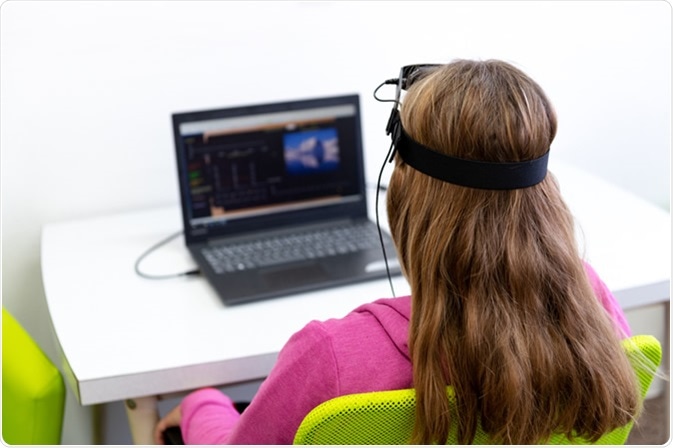Chronic anxiety is the long-term negative psychological experience to environmental stressors, characterized by prolonged and inappropriately excessive worrying, fatigue, restlessness, concertation, and sleep issues. Often the terms stress and anxiety are used interchangeably.
Prolonged stress and anxiety can have a negative impact on one’s health marked by increased adrenaline (epinephrine) release, decreased production of certain growth hormones, and the abnormal activation of the immune system and inflammatory mediators in the body.
These can all exacerbate pre-existing health conditions such as IBS and increase cardiovascular risks. Chronic stress, along with other chronic illnesses (including cancer and pain), can increase morbidity and decrease the quality of life.
Neurobiology & Current Treatment of Anxiety
Stress hormone release has been linked with neuronal remodeling within the brain, in addition to neurotoxic damage and significant anatomic alterations in areas such as the hippocampus (memory formation) and amygdala (emotional processing).
Electroencephalograph (EEG) recordings have shown that there is an elevated right frontal cortex lateralization in anxious patients compared to non-anxious healthy controls.
As such, profound anatomical, cellular, and network connectivity changes occur in anxious patients, but these can also serve to be excellent therapeutic targets in the potential treatment of anxiety.

Young teenage girl during EEG neurofeedback session. Image Credit: ABO PHOTOGRAPHY / Shutterstock
For example, specific impairments to emotional regulation, in addition to exaggerated anxiety are correlated to impaired prefrontal regulation over the amygdala – the emotional processor of the brain and part of the limbic system. The dysfunctional crosstalk between the prefrontal cortex and the amygdala can be corrected as a potential avenue to regulate enhanced anxiety.
Typically, a combination of psychological treatments such as cognitive-behavioral therapy and self-help groups are used. However, a variety of medications can also be prescribed, such as benzodiazepines and anti-depressants. However, most of these medications are only temporary solutions and can have many ill side effects. Behavioral therapies work for those who are willing to invest time and effort into them.
Neurofeedback in Anxiety Treatment
Neurofeedback, also known as Neurotherapy, is a non-pharmacological non-invasive technique in which surface electrodes record neural activity on the scalp with the data being fed back to the patient via a computerized stimuli presentation.
Typically, healthy and balanced electrical signals lead to pleasant ‘positive-reinforcement’ stimuli. It has been used successfully in the treatment and management of various conditions ranging from epilepsy, ADHD, stroke, depression, and autism, as well as in the management of phobias to decrease anxiety.
A recent study investigated brain function during neurofeedback in the management of anxiety. In this study, 26 individuals with high anxiety underwent real-time brain scanning (fMRI) guided neurofeedback to assess brain connectivity during the process. As mentioned earlier, dysfunctional connectivity between the prefrontal cortex and the amygdala is central to many exaggerated anxiety responses.
In this technique, by providing real-time fMRI-guided neurofeedback, individuals were able to train themselves to enhance connectivity between the prefrontal cortex and the amygdala when exposed to ‘threat’-cues (anxiety-causing cues). This regulatory control was re-assessed three days after the initial session in the absence of neurofeedback with functional connectivity between these two regions correlating to reduced anxiety, being the goal of the sessions.
In this study, by training individuals using real-time connectivity measures while training the target (being amygdala connectivity), the results showed that training led to significantly enhanced connectivity between the prefrontal cortex and the amygdala that was sustained. Furthermore, the stronger the connectivity, the stronger the anxiety reduction levels were. Follow up sessions revealed that, despite the absence of neurofeedback, once connectivity was enhanced, volitional control over the amygdala was maintained, and anxiety reduction was sustained.
This study shows that for the first time, regulating the connectivity between the amygdala and prefrontal cortex (through fMRI-guided neurofeedback) can lead to a sustainable and persistent intervention to control anxiety, even after neurofeedback is stopped. This study highlights the effectiveness of newer methods of neurofeedback in the treatment of psychological and psychiatric conditions by self-regulation – the goal of neurofeedback therapy.
Neurofeedback Therapy Explained
References
Further Reading
Last Updated: Feb 25, 2020